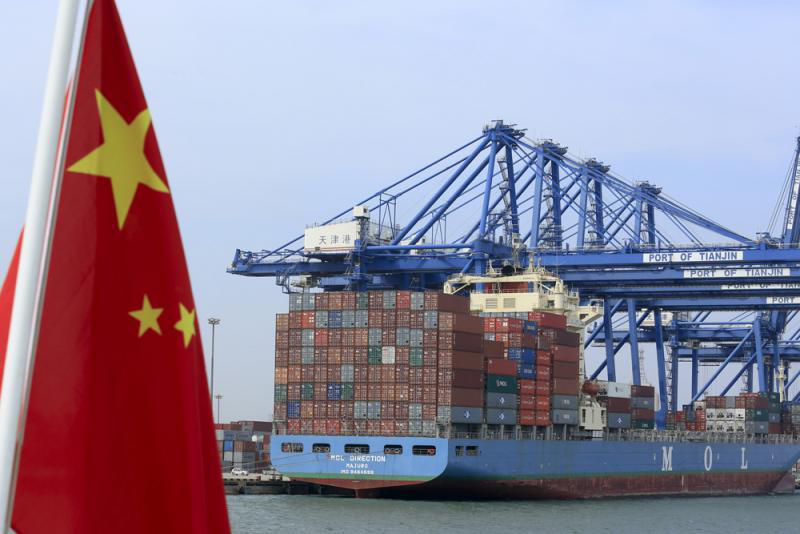
 CONTACT
CONTACT
- Linkman:Linda Yao
- Tel: +8618231198596
- Email:linda.yao@dcpharma.cn
- Linkman:CHARLES.WANG
- Department:Overseas
- Tel: 0086 0311-85537378 0086 0311-85539701
Carbasalate calcium soluble powder export price
TIME:2023-12-08
Carbasalate calcium soluble powder is a chemical compound commonly used in various industries, including the food, pharmaceutical, and construction sectors.The export of carbasalate calcium soluble powder typically involves several common methods and channels,including international trade and export companies,direct manufacturer export,distribution networks and agents,online B2B platforms,trade shows and exhibitions,exporting through traders and brokers,customized export solutions,government export agencies,ect.
Many manufacturers and suppliers of carbasalate calcium soluble powder engage in international trade and collaborate with export companies.These companies specialize in facilitating the export process, handling logistics, and ensuring compliance with international trade regulations.
Some manufacturers choose to export carbasalate calcium soluble powder directly to international buyers.This approach requires the manufacturer to manage the export process, including shipping, customs clearance, and documentation.
Manufacturers may work with distributors or agents who have established networks in target export markets.These intermediaries help promote and distribute carbasalate calcium soluble powder to local businesses.
Many manufacturers and suppliers utilize online business-to-business (B2B) platforms to connect with international buyers.These platforms, such as Alibaba, Global Sources, or TradeIndia, allow manufacturers to showcase their products and connect with potential buyers globally.
Participating in international trade shows and exhibitions provides an opportunity for manufacturers to showcase their carbasalate calcium soluble powder and establish contacts with potential buyers and distributors.
Some manufacturers may choose to export their products through traders or brokers who specialize in facilitating international trade transactions.These intermediaries may have established relationships with buyers in various countries.
Manufacturers might opt for customized export solutions based on the specific requirements of their international customers.This could involve tailored packaging, labeling, or compliance with specific regulations in the destination country.
In some cases, manufacturers may collaborate with government export promotion agencies or trade commissions to explore international markets and receive support in export activities.
The choice of export method often depends on the manufacturer's resources, expertise in international trade, target markets, and the scale of the export operation.Additionally, adherence to international trade regulations, product quality standards, and documentation requirements is crucial for a successful and compliant export process.
- Tel:+8618231198596
- Whatsapp:18231198596
- Chat With Skype







